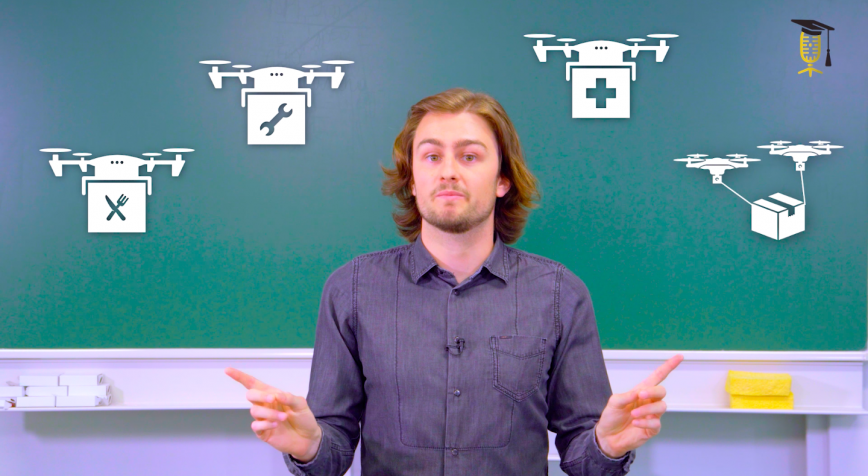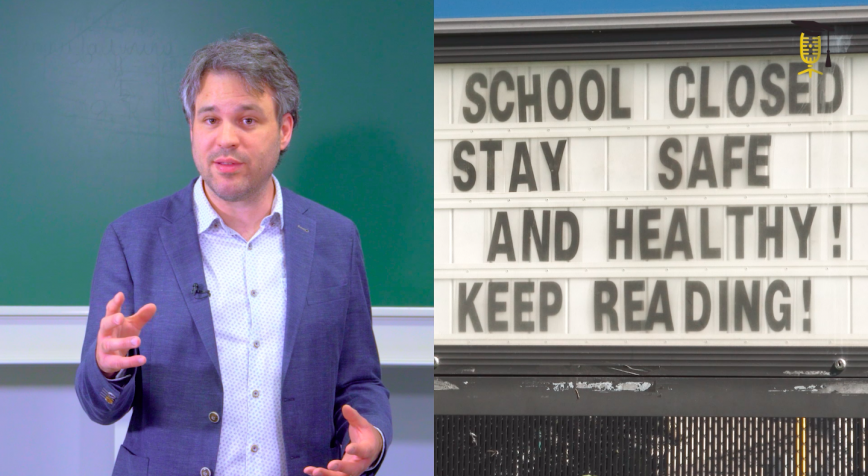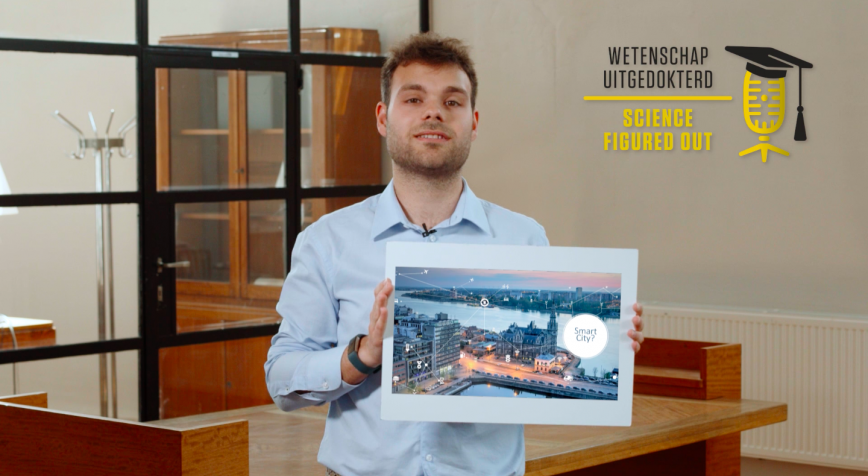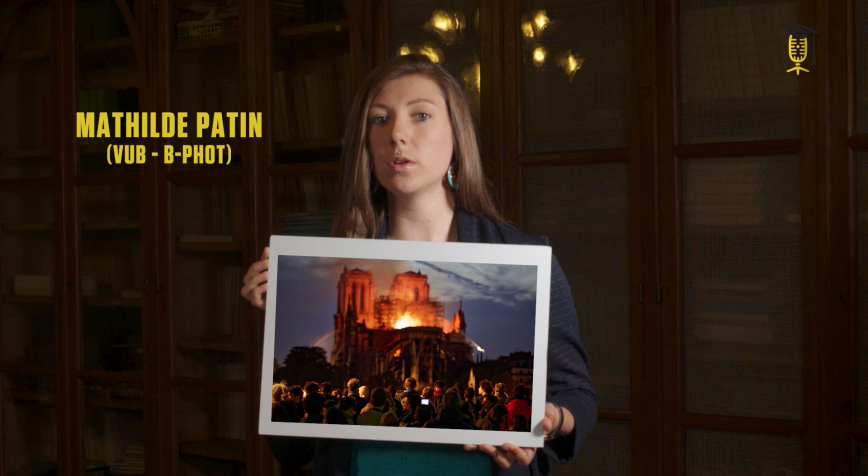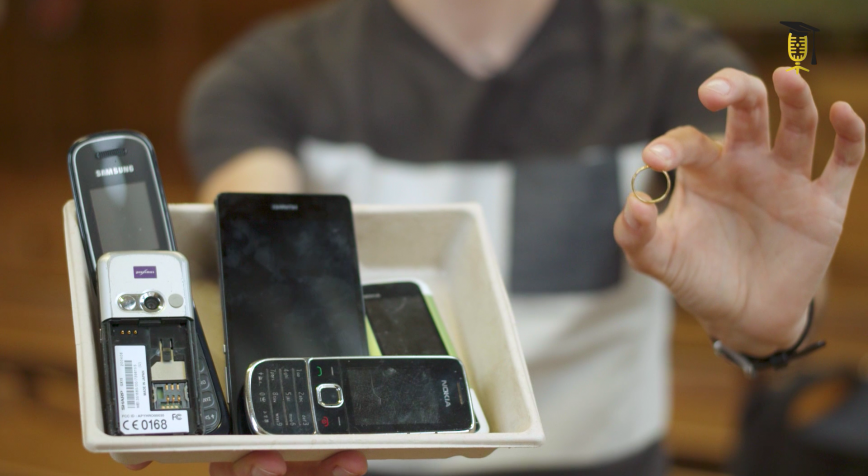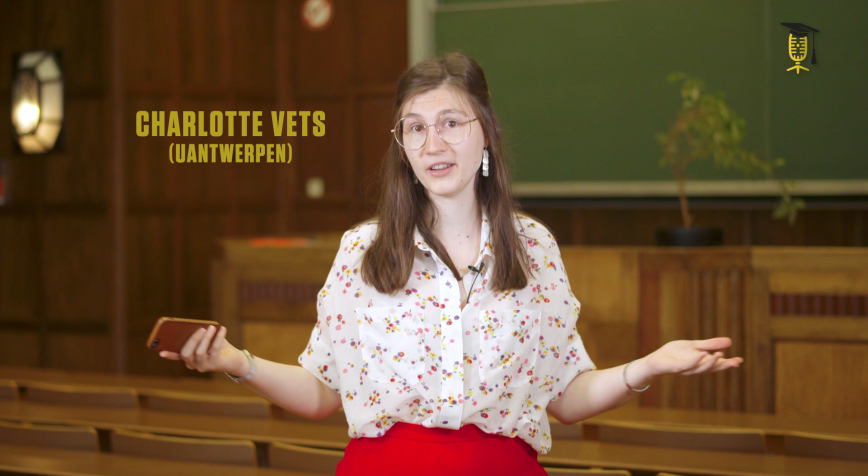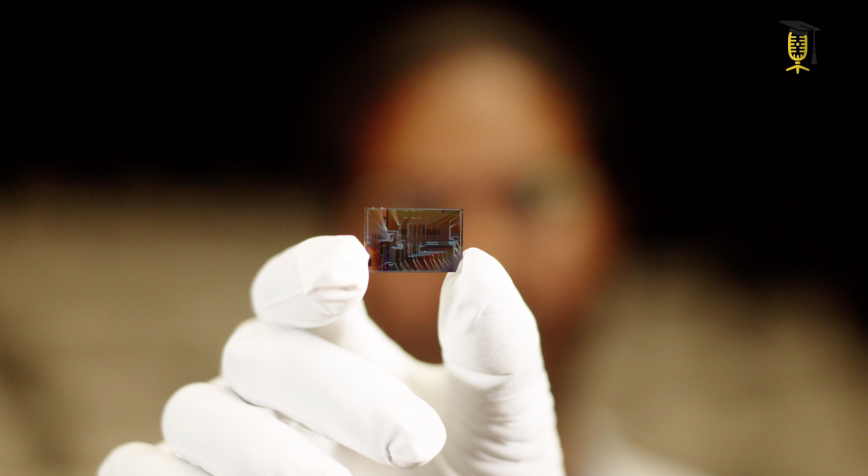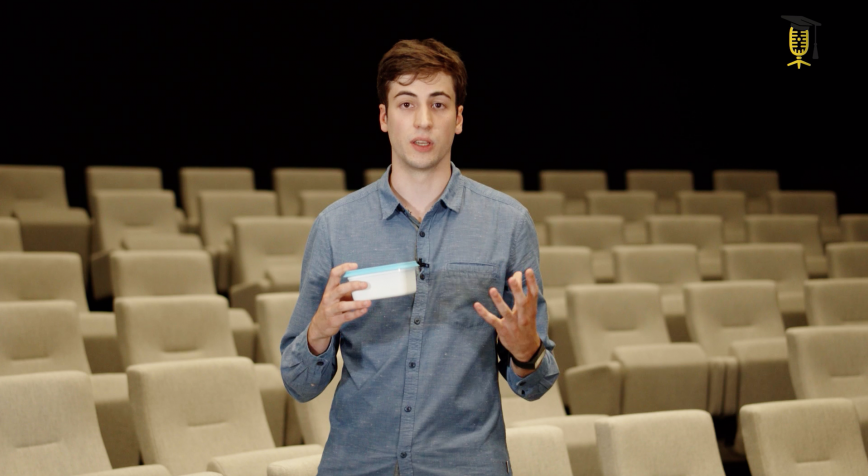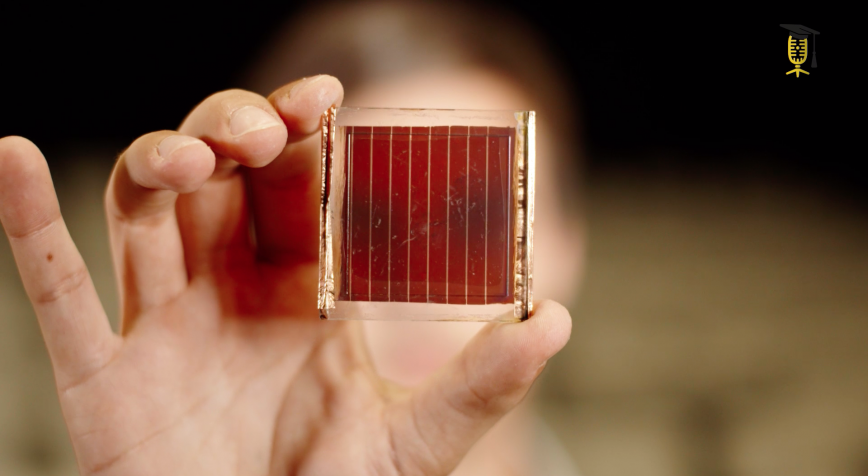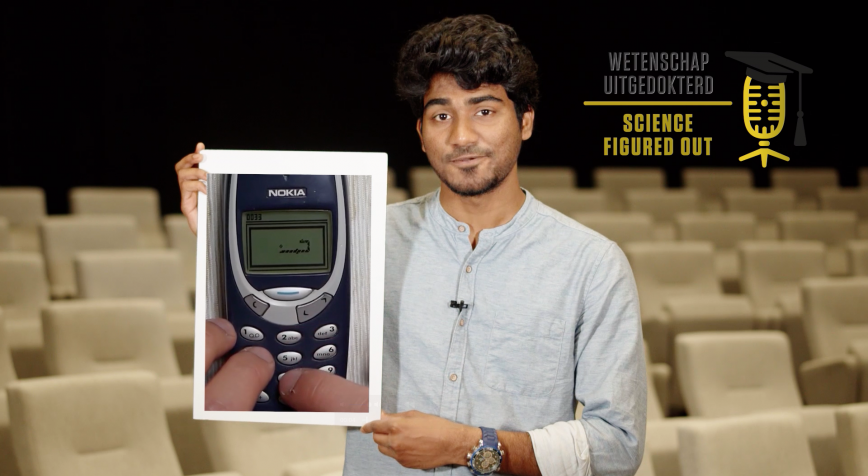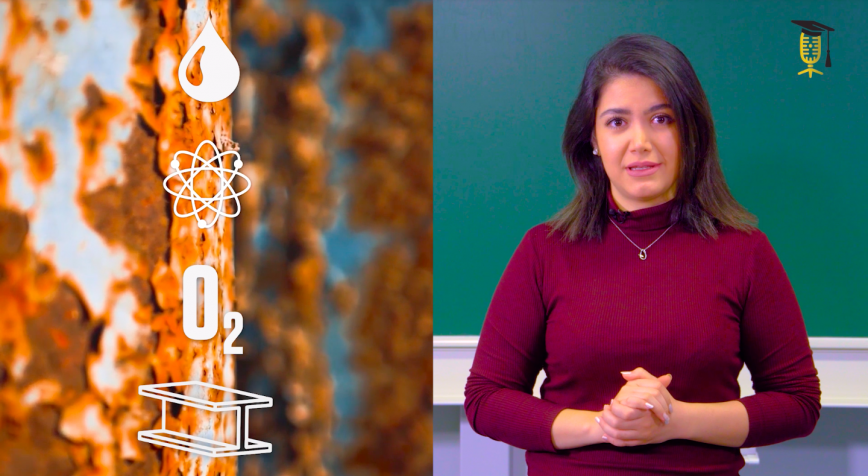
VUB
Water, oxygen and metals: a perfect recipe for disaster
Corrosion of metal structures can lead to disasters, such as the collapse of the Morandi bridge in Genua in 2018. In order to help prevent such tragedies engineer Negin Madelat is working on a method for the early detection of corrosion underneath a thick layer of coating.
